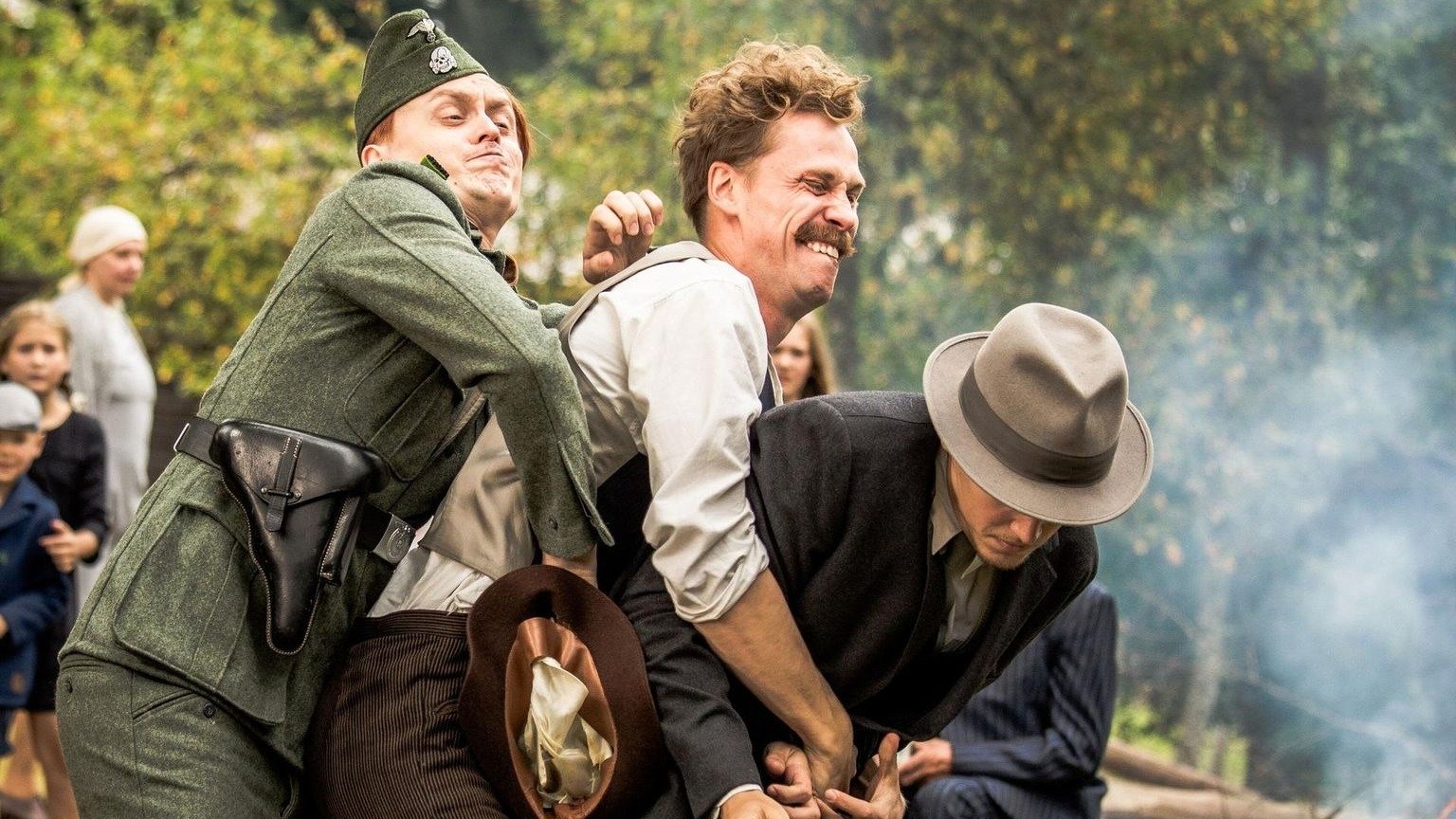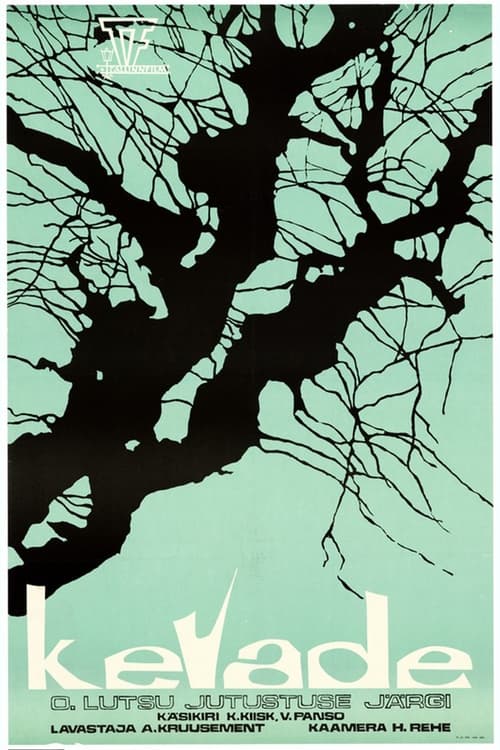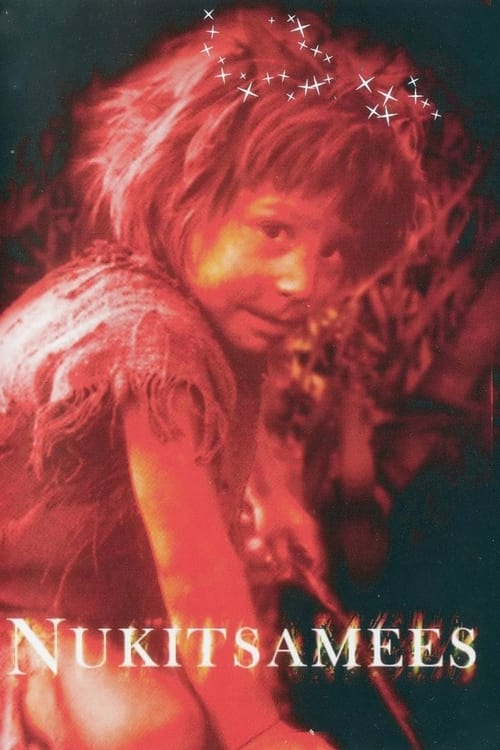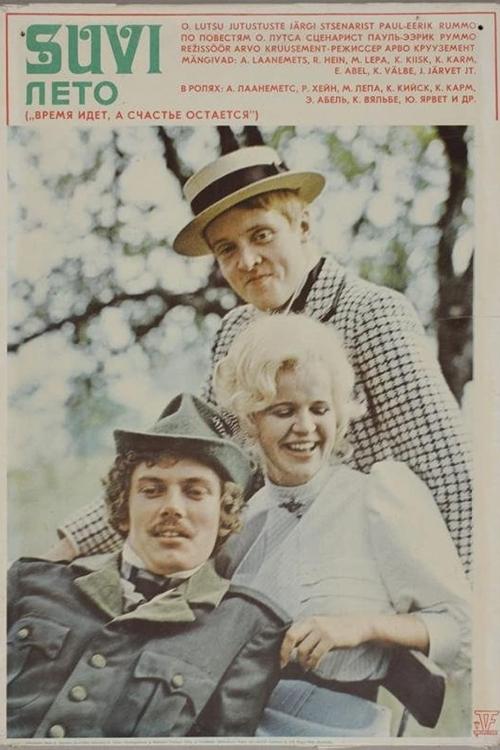
Oskar Luts
Oskar Luts (January 7, 1887 [O.S. December 26, 1886] – March 23, 1953) was an Estonian writer and playwright.
Born into a middle-class family in Järvepera, central Estonia, at that time in the governorate of Livonia (Russian Empire). His younger brother was the film director and cinematographer Theodor Luts. Oskar Luts attended Änkküla village school in 1894. He went to Palamuse Parish parish school in Jõgeva County, attending from 1895–1899. In 1899–1902 he studied at the Tartu Reaalkool. In 1903, Luts started working as an apothecary apprentice in Tartu and Narva. After passing the apothecary apprentice exams, he went to work in Tallinn (1903). During his military service in Saint Petersburg (1909–1911) he also worked in the apothecary field. He continued this work in Dorpat while studying pharmacy at university.
When World War I started, Oskar Luts was conscripted into the Russian army. He worked as a military pharmacist in Pskov, Warsaw, Daugavpils, Vilnius and in Vitebsk (1915–1918), where he got married.
Oskar Luts was released from military duty for health reasons in the autumn of 1918 and went back to Tartu with his family the same year, where he started working as an apothecary. In 1919–1920 he worked at the university library and then managed a store. In 1922 he started his professional career as a writer.
In 1936, Luts began living in his home on Riia Street in Tartu. This house was converted into a museum in 1964. Oskar Luts was the first Estonian writer to receive the title of People's Writer of the Estonian SSR. This was awarded to him in 1945.







